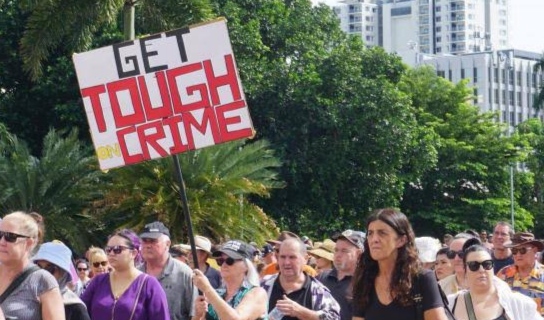A youngster who is charged with fatally stabbing a bottleshop employee in Darwin is expected to argue that he acted in self-defense.
Declan Laverty, 20, was working at a BWS close to Darwin Airport when Keith Kerinauia, 19, who was out on bail for serious assault, is accused of stabbing him to death.
In June, Kerinauia will go on trial before the Supreme Court on a murder charge.
Peter Maley, the attorney for Kerinauia, was questioned by Northern Territory Chief Justice Michael Grant on Tuesday during a pre-trial hearing on why the case is expected to go longer than ten days.
“Presumably the issue here is self defence, is it?” stated Grant.
“That is correct,” Maley said.
Marty Aust, the prosecution’s attorney, predicted that the “slightly novel” trial would need the calling of over fifty witnesses.
“Where an abnormal aspect arises is that the entire incident is captured on CCTV footage,” Aust stated.
“This is a slightly novel matter in that there’s 28 civilian witnesses and 23 police witnesses.”
The jury will hear testimony from prosecutors regarding charges made against Kerinauia prior to the incident.
“If you have a tendency to engage in unprovoked violent attacks with a state of mind to be thrilled and excited by violence which extends over a long period of time – that is relevant,” Aust stated.
Before the trial starts on June 7, the matter is scheduled for another hearing in February.
Laverty’s death in March, which occurred at the conclusion of a summer in which crime rates had risen, shocked the Northern Territory and sparked petitions and protests.
A campaign advocating for the government to implement “Declan’s Law” with over 26,000 signatures was sponsored by his mother, Samara Laverty. It demanded stronger firearm restrictions and harsher bail regulations for both first-time and repeat offenders.
A presumption against bail would apply to those accused of major offenses involving specific weapons, according to bail legislation revisions passed by the government in March.
New “wanding” regulations were passed by the government in July, enabling police to search individuals in 16 “high-risk” regions of the Northern Territory for weapons.
However, Laverty, the opposition in the NT, and thousands of signatories persist in pressuring the government, arguing that the legislation fall short of adequately addressing rates of crime.
Just a few weeks before the NT election, where crime laws are probably going to be a big topic, there will be a high-profile murder trial.





